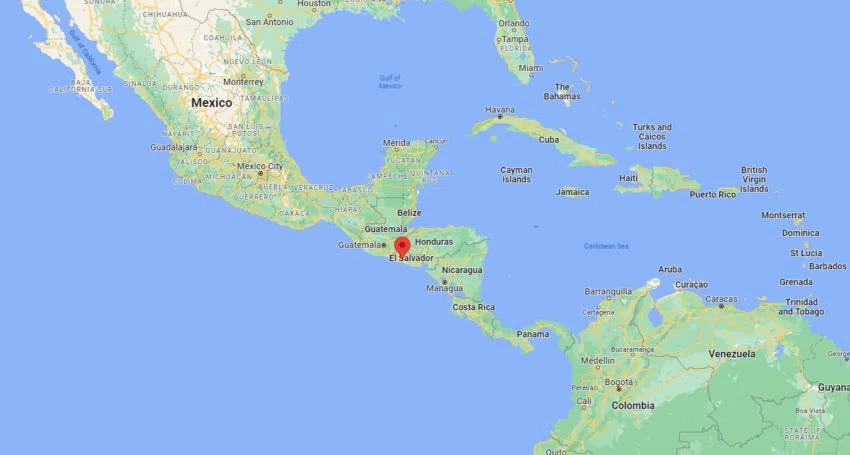Nayib Bukele, the president of El Salvador, recently spoke about the spike in tourists visiting the country, despite the Bear Market.
El Salvador has been included in the ranking of the World Tourism Organization. The Central American country jumped onto the list, along with 14 other countries.
Nayib Bukele and Tourism
Bukele says this is mainly due to the adoption of Bitcoin (BTC) as legal tender, the promotion of sports like surfing.
“Only a handful of countries have been able to bring their tourism back to pre-pandemic levels… The reasons behind it are mainly #Bitcoin and surfing. But domestic tourism is growing even more, mainly due to our crackdown on gangs.”
The country’s Bitcoin Beach has made news all over the world, and continues to attract international attention.
In April, the Minister of Tourism, Morena Valdez, gave an interview to the Salvadoran television channel, Channel 21. There she explained that tourism in the country has grown by 30% thanks to the implementation of Bitcoin.
“El Salvador has become a good place to visit, invest and live. With the use of Bitcoin, tourism has increased by 30%. Tourists interested in the implementation of Bitcoin have a longer stay and spend more. Before Bitcoin there was a daily spend of $113 to $150, now it is up to $200 a day.”
UNTWO Report
The report that Nayib Bukele refers to is the UNWTO ranking on the growth of tourist arrivals between January and May of this year. Only three sites in the Americas appeared: Saint Lucia with 21%, El Salvador with 6% and Mexico, with 3%.
Among other destinations that appear in the UNWTO ranking are Croatia, Turkey, Sudan, Pakistan, Macedonia, Romania, and Serbia. The agency forecasts that international arrivals in these countries will reach pre-pandemic levels this year.
The UNWTO highlights that countries like El Salvador, which is experiencing an increase in tourism, will face challenges. These include staff shortages in the tourism industry, severe airport congestion, and flight delays and cancellations, which could also affect tourism figures.
Nayib Bukele and Google
The president of El Salvador also presented Google’s updated data on mobility (updated to August 3) showing the country with “more than expected” tourist activity.
At the end of July, the Minister of Finance of El Salvador, Alejandro Zelaya, revealed that the country’s commitment to Bitcoin (BTC) is working. It has extended financial inclusion services to all corners of the nation, benefiting the population, whether unbanked or not. And it has attracted more tourism.
While the introduction of Bitcoin has been difficult for some, Nayib Bukele is standing his ground.
“For some, it is something new and something that they do not fully understand, but it is a phenomenon that exists and is gaining ground and will continue to exist in the coming years. New technologies have shown how people were afraid of things like websites.”
Nayib Bukele took a bet with making Bitcoin legal tender in El Salvador, being the world country in the world to do so. Even this act has got the small country in the news all through 2021 and now, in 2022. Could this move be total genius?
Got something to say about Nayib Bukele or anything else? Write to us or join the discussion in our Telegram channel. You can also catch us on Tik Tok, Facebook, or Twitter.
Disclaimer
All the information contained on our website is published in good faith and for general information purposes only. Any action the reader takes upon the information found on our website is strictly at their own risk.


